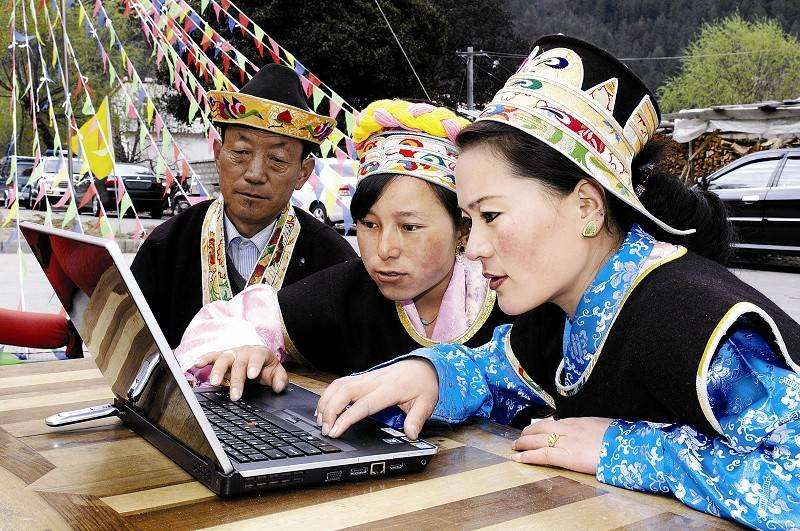Top legislature calls for innovative approach to end poverty on schedule


China's top legislature is calling for innovative measures to help deliver the country's zero-poverty promise before 2021, a report released by the National People's Congress Standing Committee said on Tuesday.
With wiping out extreme poverty for the first time in Chinese history on the horizon, the report said the focus will be on the most underdeveloped rural regions, as well as on people who are most vulnerable.
Grassroots officials are encouraged to take tough and unconventional steps to ensure that people inhabiting underdeveloped regions have access to education, healthcare, housing and safe drinking water.
In addition, the report called for more development of power grids, telecommunications and other infrastructure.
Education was highlighted in the report as an effective means to prevent the younger generation in rural regions from being as impoverished as their forbears.
Wu Weihua, vice-chairman of the Standing Committee of the 13th NPC, said the poverty battle is among China's most urgent and important tasks, and local authorities should see to it that their respective tasks are accomplished on time.
"We'll adopt tough approaches and mobilize the entire nation," he said.
China ramped up targeted poverty-relief efforts in late 2012 in a bid to eliminate extreme poverty by the end of 2020. The needy population - those with an annual income under the poverty line of 2,300 yuan ($335) set in 2010 and adjusted annually for purchasing power parity - stood at almost 100 million in 2012.
As a result of the sweeping antipoverty campaign, 82.3 million rural poor have been lifted out of their situation during the seven-year period that ended last year, the report said. The incidence of poverty was down from 10.2 percent to 1.7 percent in the same period.
However, Wu said China is feeling the strain as it attempts to ensure that the remaining 16.6 million rural poor shake off poverty on schedule.
That's because a large percentage of those grappling with dire poverty have chronic diseases and disabilities, he said, adding that many others are childless seniors who have limited working capacity, or people who lack the motivation to change their status quo.
Adding to the difficulties, some local authorities oversimplify poverty relief by offering only financial assistance, rather than helping needy families find long-term solutions, Wu said.
Some others have failed to oversee the use of relief funds intended to help poor families develop businesses and generate a sustainable income. In some cases, the money was used to build and decorate new houses.
- No indication of big earthquake to occur in Ningxia, said officials
- Rural China tackles hefty bride prices to ease marriage burdens
- Market fire causes multiple casualties in North China's Hebei
- 'Ferryman of souls' escorts cremains of veterans from Taiwan to mainland home
- China announces month-long online shopping event for Spring Festival
- Hong Kong-Zhuhai-Macao Bridge reports record high passenger flows in 2024





































